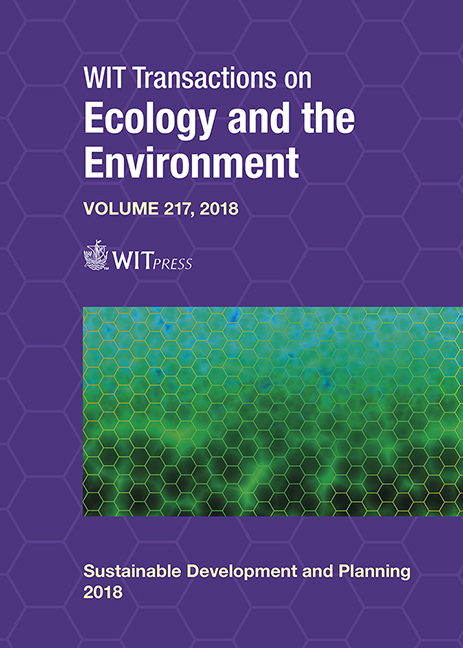CULTURAL HERITAGE CONSERVATION AND CULTURE-LED TOURISM CONFLICT WITHIN THE HISTORIC SITE IN BEYOĞLU, ISTANBUL
Price
Free (open access)
Transaction
Volume
217
Pages
13
Page Range
647 - 659
Published
2018
Size
434 kb
Paper DOI
10.2495/SDP180551
Copyright
WIT Press
Author(s)
ADEM ERDEM ERBAS
Abstract
In the metropolitan city of Istanbul, the conservation of historic sites that are under the influence of tourism pressure is one of the central challenges of management planning. This study aims to perform a critical review, within the framework of the current conservation legislation of Turkey and ICOMOS decisions, of the conservation master plan prepared for Beyoğlu (Istanbul), particularly focusing on conflicts between cultural heritage conservation and culture-led tourism decisions. The review starts out with an analysis of Beyoğlu district in Istanbul, based on the technical expertise reports drawn from the administrative court decisions, followed by a discussion of the results. The study includes four main parts, with the first part discussing and then conceptualizing the cultural heritage conservation and culture-led tourism, the second part examining the definition of the conservation site and the conservation master plan process, the third part addressing the analysis and evaluation of the site within the context of cultural heritage, and the final part discussing the findings and drawing conclusions. Some of the findings derived from the evaluations conducted on the Beyoğlu conservation master plan are given: (a) due to the lack of a holistic planning approach, the conservation master plan boundaries fail to incorporate other historic areas in the same district; (b) the decision to reconstruct former historic buildings damages the present use of public space; (c) car-oriented transport designs increase vehicle traffic in the historic centre of the city; and (d) the existing cultural structure is undergoing “touristification” in the form of culture-led tourism development, and cultural functions are being rapidly “commercialized”. The results of the study show that the Beyoğlu (Istanbul) conservation master plan produces negative effects on the tangible and intangible heritage, publicness, public participation, culture-led tourism, and culture-led urban regeneration.
Keywords
cultural heritage conservation, tangible and intangible heritage culture-led tourism, conservation master plan





